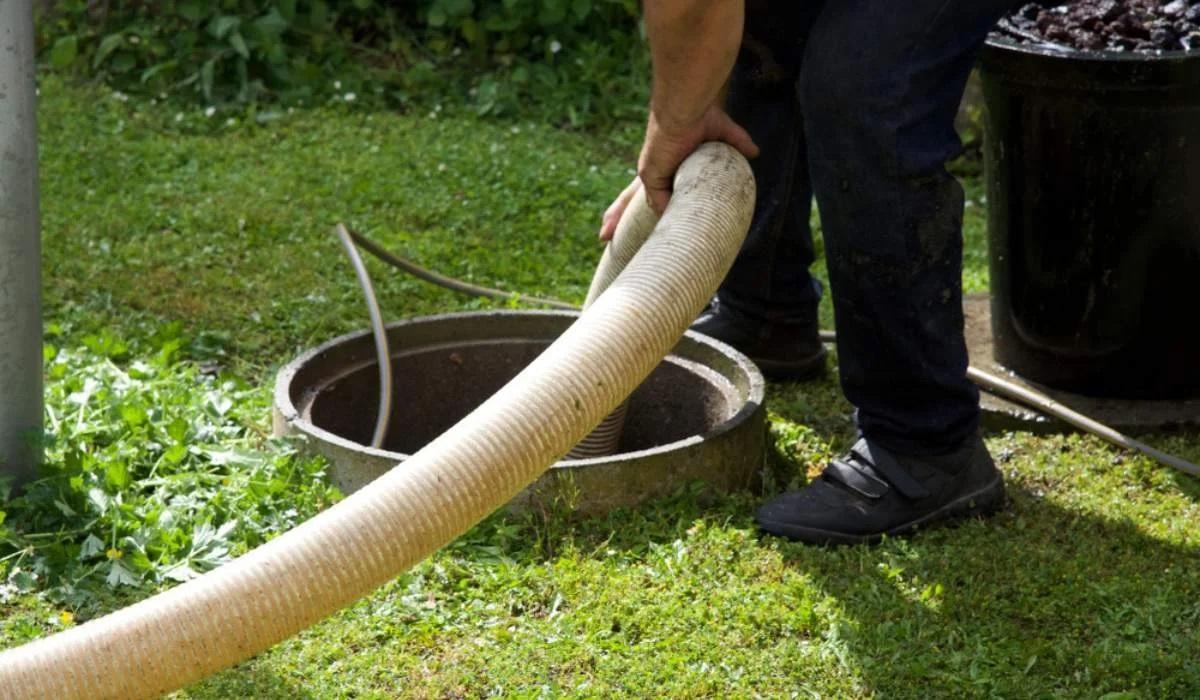
Septic systems play a crucial role in managing wastewater in areas where municipal sewer systems are not available. In construction projects, ensuring the proper installation, maintenance, and servicing of septic systems is essential for both short-term functionality and long-term sustainability. This article delves into the significance of septic system services in construction projects, highlighting their role in promoting health, environmental conservation, and regulatory compliance.
Understanding Septic Systems
Before delving into the importance of septic system services, it’s vital to understand how these systems function. A septic system typically consists of a septic tank and a drain field. Wastewater from residential or commercial buildings flows into the septic tank, where solids settle at the bottom and microbial action breaks down organic matter. The liquid wastewater then exits the tank and is dispersed into the drain field, where it undergoes further treatment as it percolates through the soil.
Importance of Construction Phase Services
Site Assessment and Planning
During the initial phases of construction, conducting a thorough site assessment is imperative for determining the optimal location and design of the septic system. Factors such as soil type, groundwater level, and proximity to water bodies must be carefully considered to prevent contamination and ensure system efficiency. Professional septic system service providers offer expertise in site evaluation, helping developers make informed decisions that comply with local regulations and environmental standards.
Proper Installation
The proper installation of a septic system is critical for its functionality and longevity. Experienced technicians follow industry best practices and adhere to local building codes to ensure that the system is installed correctly. This includes proper sizing of the septic tank based on anticipated wastewater volume, precise placement of components, and adequate insulation to prevent freezing in colder climates. By entrusting installation to qualified professionals, construction projects can avoid costly errors and future complications.
Regulatory Compliance
Compliance with regulatory requirements is non-negotiable when it comes to septic system installation in construction projects. Local health departments often have specific regulations governing the design, installation, and maintenance of septic systems to safeguard public health and the environment. Working with septic system services that are well-versed in local regulations helps construction projects navigate the permitting process smoothly and avoid potential legal issues down the line.
Importance of Ongoing Maintenance and Servicing
- Preventative Maintenance: Once a septic system is installed, ongoing maintenance is essential to prevent malfunctions and ensure optimal performance. Regular inspections, typically recommended every 1-3 years, allow professionals to identify and address minor issues before they escalate into major problems. This proactive approach not only extends the lifespan of the septic system but also reduces the risk of costly repairs or premature replacement.
- Troubleshooting and Repairs: Despite preventative measures, septic systems may encounter occasional issues such as clogs, leaks, or mechanical failures. Prompt troubleshooting and repairs are essential to prevent wastewater backups, foul odors, and environmental contamination. Septic system services providers offer expertise in diagnosing problems and implementing effective solutions, minimizing disruptions to construction activities and preserving the integrity of the system.
- Environmental Stewardship: Properly maintained septic systems play a vital role in environmental stewardship by preventing pollution of groundwater and surface water bodies. Regular servicing ensures that the system operates efficiently, minimizing the release of harmful pathogens, nutrients, and contaminants into the environment. By investing in septic system services, construction projects demonstrate their commitment to sustainability and responsible wastewater management practices.
Conclusion
In construction projects, septic system services are indispensable for ensuring the successful implementation and long-term viability of onsite wastewater management solutions. From initial site assessment to ongoing maintenance and servicing, professional expertise plays a pivotal role in promoting health, environmental conservation, and regulatory compliance. By prioritizing septic system services, construction stakeholders uphold standards of excellence and contribute to sustainable development practices.




